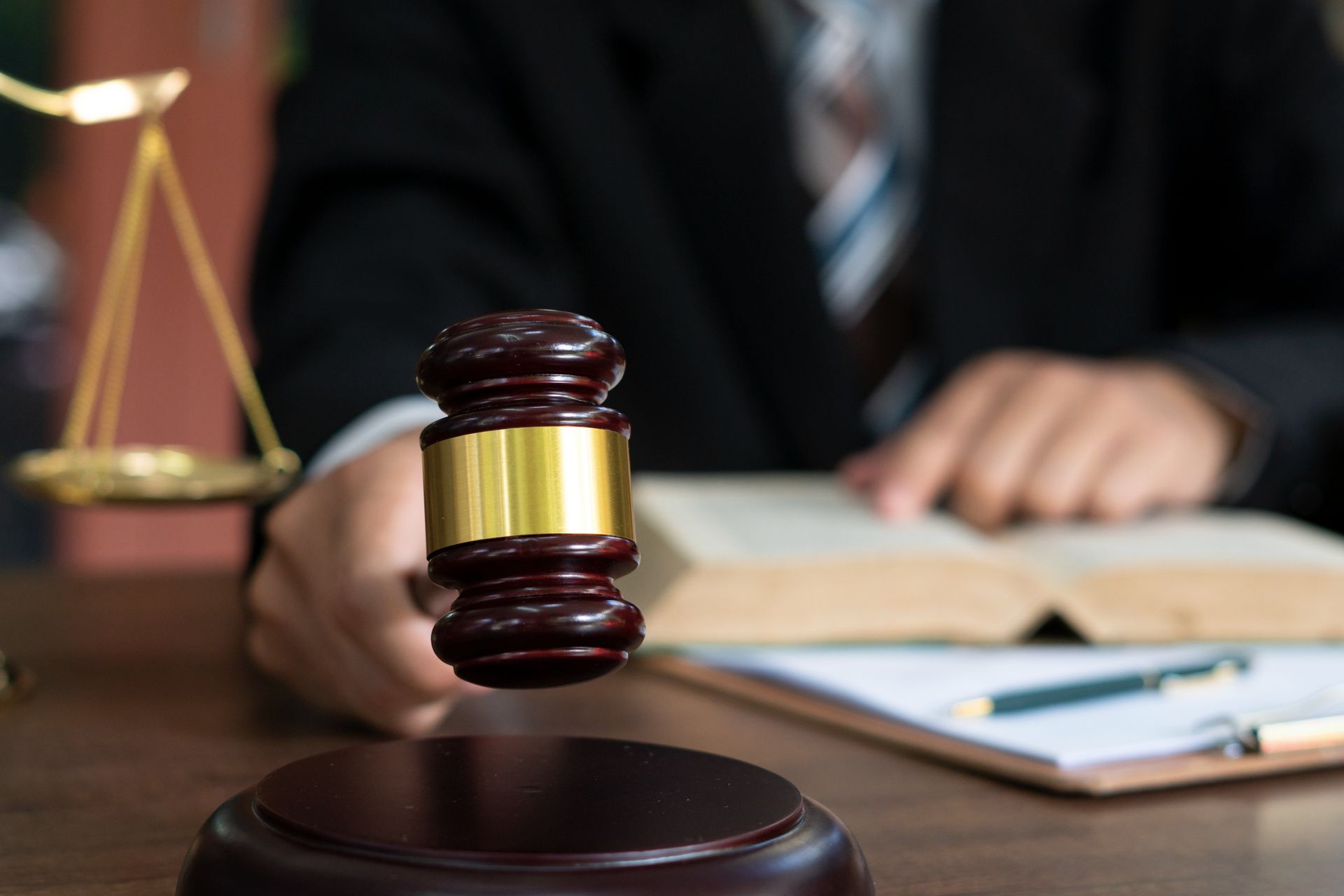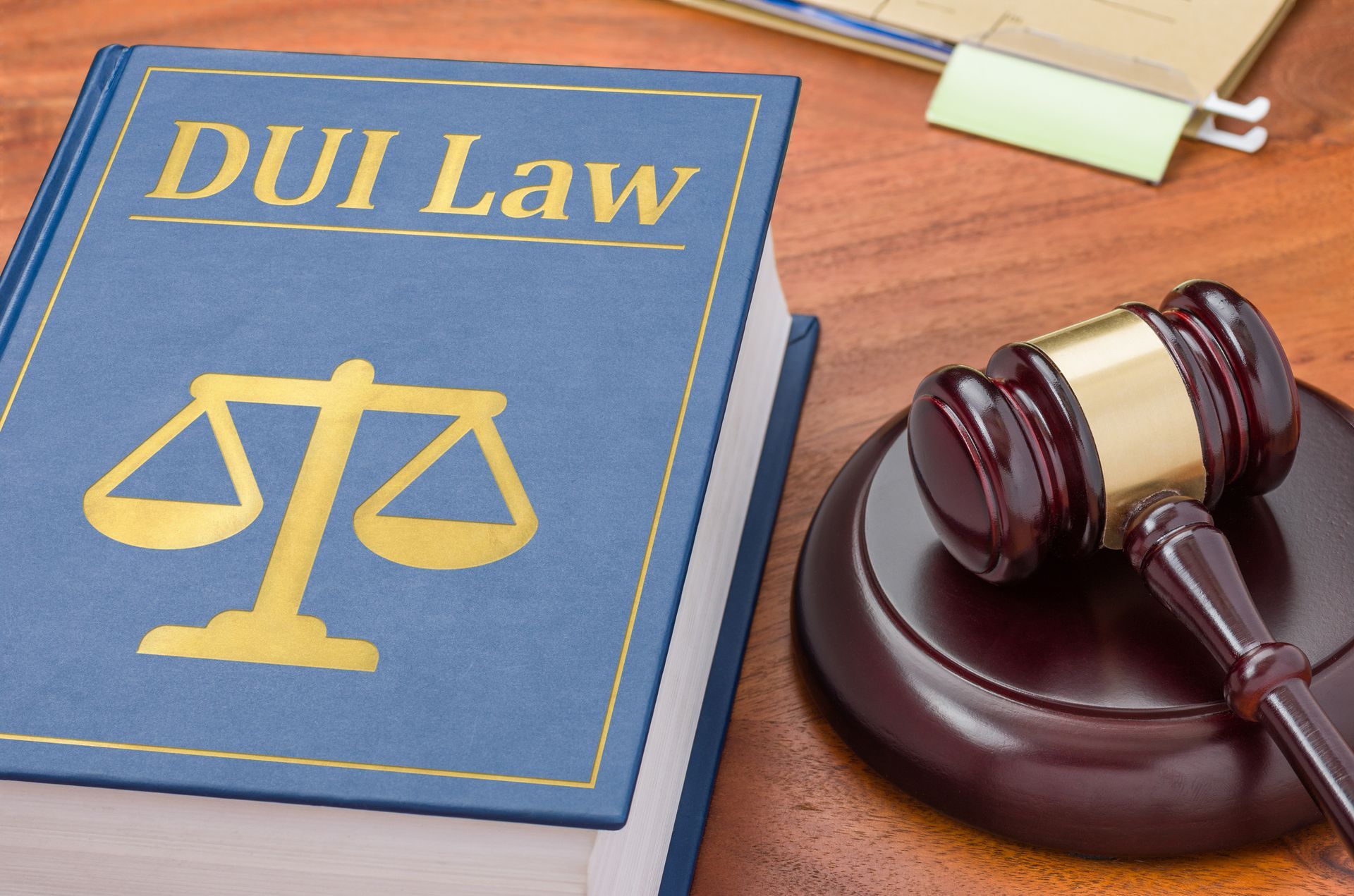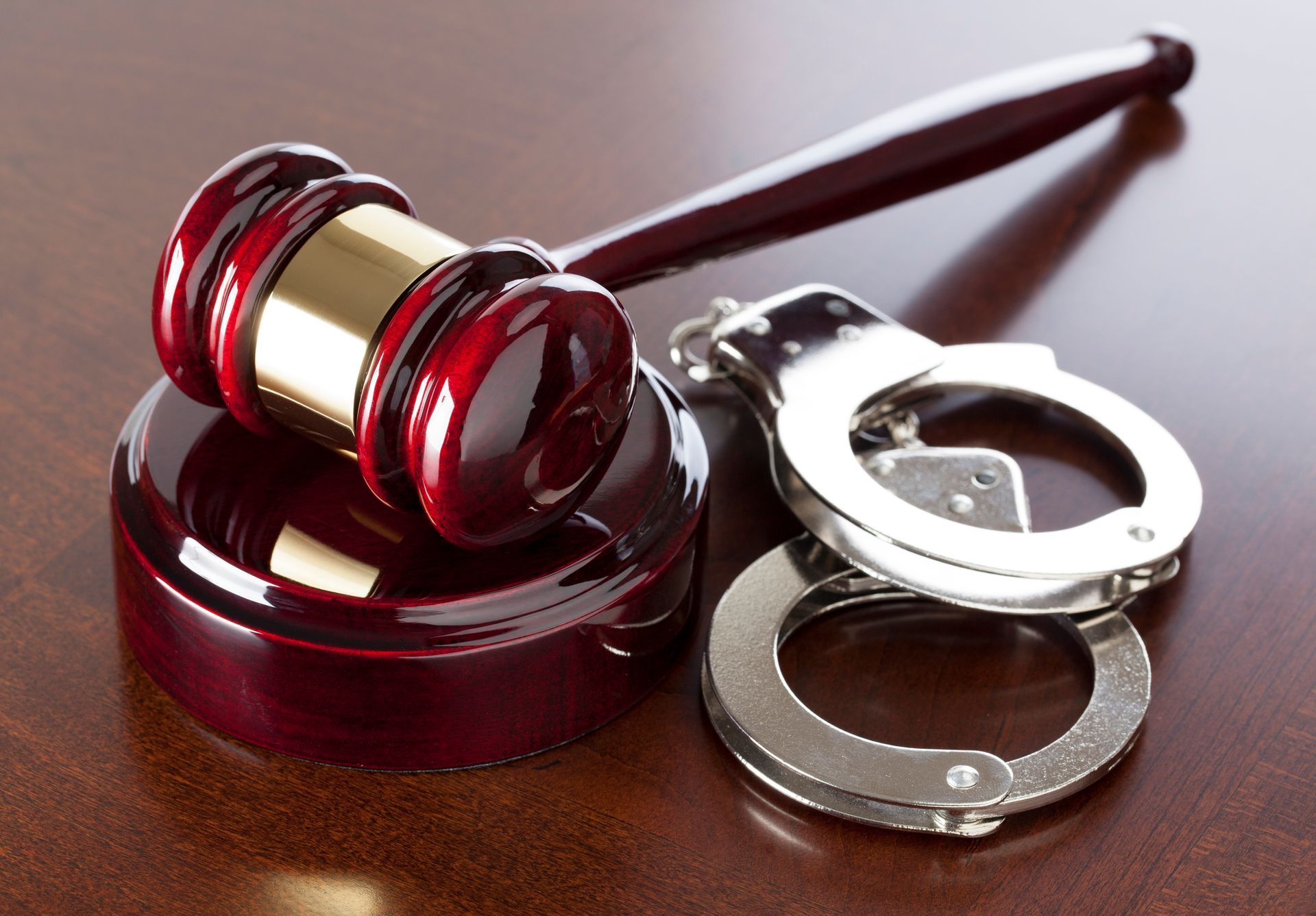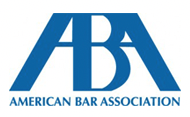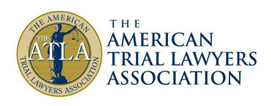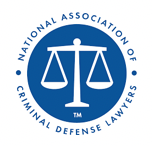Things to know about ‘jurisdiction’ if you are charged with a crime
For those accused of a crime, one of the first questions that often comes to mind is the potential penalty. You may have heard that state crimes and federal crimes come with different sentences, the latter usually being the harsher. But who decides whether the accused should face state or federal charges? Can the crime be either — or both? The answer depends on a number of factors.
The federal court system handles criminal cases that allege a violation of federal law, while the state handles allegations of state law violations. If you are unsure which court is hearing your case, ask your criminal defense attorney before doing anything else. If you don’t have an attorney yet, call the clerk of the court where you or your loved one has been ordered to appear and ask if it is a state or federal court.
Do charges by the state and the feds mean double jail time?
It may be shocking, but sometimes you can be charged by both the state and the feds!
An example would be a joint investigation by the state and the federal government of a scheme by a physician’s office to defraud Medicare and Medicaid. The alleged perpetrator is an allergy doctor who also treats asthma patients. He consistently bills both the state program and the federal program (Medicaid and Medicare) for procedures he never performed.
Medicare is administered by the federal Department of Health and Human Services. Because the program is run and enforced by a federal agency, the U.S. government has the right to arrest, prosecute and punish someone convicted of Medicare fraud. But the state has an interest in this case, too; it can charge the suspect under state law or it can ask the federal government to include Medicaid fraud in its Medicare fraud case. This is possible because the federal government gives money to the states for Medicaid, allowing the federal court system and prosecutors to have jurisdiction in such cases.
Civil rights violations when murder charges don’t stick
Say you are a white man charged with the murder of a black man. You are tried in state court and found not guilty. The federal government can arrest you again, charge you with violating the civil rights of the man who was killed and try you again — the same crime, different jurisdictions. The rules against double jeopardy do not apply because double jeopardy protects you only from multiple prosecutions for the same crime by the same “sovereign.” Here, the state is one sovereign and the feds are another.
Nevertheless, most criminal cases are tried on the state level. State and local laws codify the law and have two classifications for criminal activity: misdemeanors and felonies. Felonies are the most serious and can range from an “E” felony (the lowest level) to an “A” felony (the highest).
Contact an attorney
If you or a loved one is facing criminal charges, hire an experienced criminal attorney at once. The sooner you have an attorney by your side, the more likely it is that all your rights will be protected. Do not speak to anyone about your case — not the police, not the district attorney or state’s attorney, and not even to friends and family. Any conversations you have with people other than your attorney may be used against you.
The post Things to know about ‘jurisdiction’ if you are charged with a crime appeared first on Houston & Underwood PLLC.



